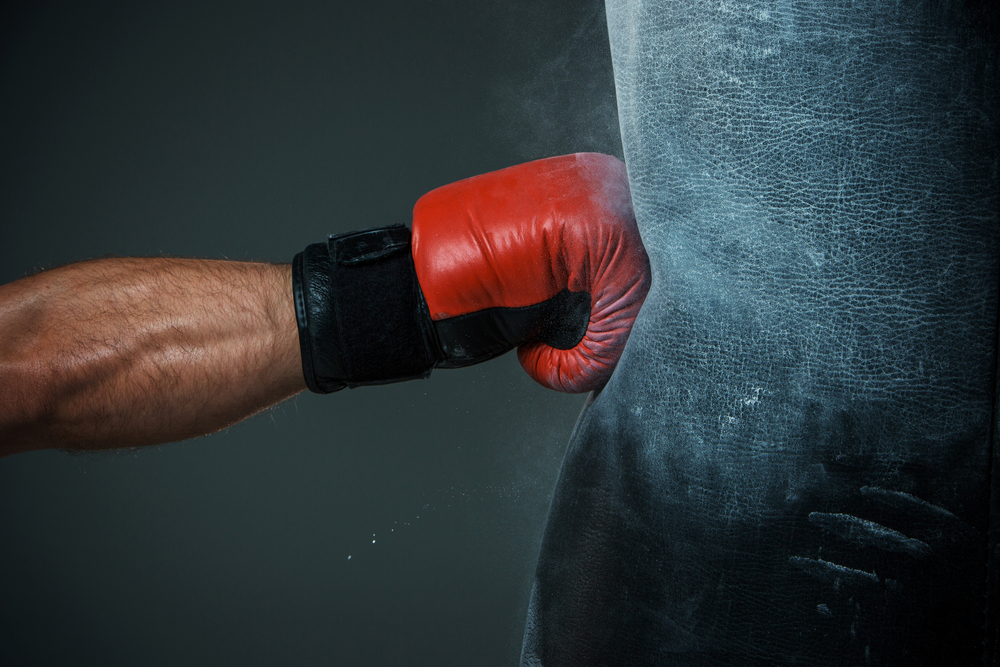This post is a follow-up to a recent video episode I contributed to my YouTube channel, Three Minutes to Escalate, regarding the Culture of Delegation and its importance in creating sustainable businesses. To quickly summarize the takeaway of that discussion, my assertion was that successful Delegation requires both refined leadership skillsets and corporate cultures centered on trust, training and advancement. Agile, adaptable organizations can’t exist without it.
Inherent to the “Three Minutes to Escalate” mission (concise, value-added content regarding growth, scaling and sustainability that even the busiest of leaders can digest and apply), I don’t always have the time in the episodes to expound upon every consideration important to the discussion. I recognize, however, that there is one critical follow-up relevant to this specific topic that is worthy to share, and thankfully, I can do so through this post.
As CEO of Escalate Solutions, I repeatedly emphasize the Four Steps of Strategy, including “Phase Two: Alignment of Stakeholders“. I am a fierce advocate of an approach that prioritizes every individual within an organization understanding the “mission, vision and values” at a level appropriate to their Engagementand Controlin the entity.

Delegation and Stakeholder Alignment cannot be discussed in isolation. When Delegation isn’t happening, not only do core leaders become over-taxed, but emerging leaders yearn with frustration for the nourishment of growth and opportunity. The Strategy Map regarding Alignment that I developed (shown left) makes it clear why micro-management is toxic: If Delegation isn’t progessing, that means there is a greater issue with Alignment of Stakeholders. Leaders with the highest levels of Control can only Champion, Sponsor and Leadif they simultaneously Engage, Encourage and Motivate. These requirements simply can’t co-exist when those being asked to increase their engagement don’t experience a corresponding delta in their level of control.
There is nothing more discouraging to rising stars in our ranks than being “offered” opportunities – new responsibility and accountability – without corresponding levels of authority to make it happen.
Here’s are a few of the negative outcomes we experience in the business ecosystem when people are branded with expectation without a corresponding ability to achieve that expectation:
- Slowed decision-making
- Questioning of leadership
- Impacts on morale
- Cultures of mistrust
- Abandonment of goals/objectives/mission/vision
- Untapped/under-utilized expertise and thought leadership from the NextGen
- Dissatisfaction and employee turnover
Delegation is one of the most difficult leadership skillsets to conquer. Remember as you seek out those around you to fill the gaps in your strengths and weakeness, that there are three vital elements that we as executives need to balance. The outsourcing of Responsibilities and Accountability are challenging enough, but if we make the often fatal additional mistake of layering in the missing ingredient of Authority, we as the c-suite can all but guarantee that our investments in Delegation will prove fruitless. It truly is the tipping point.
The next time you and your leadership team embark on a Delegation exercise, remember this takeaway: Even if an individual who is assuming new responsibilities isn’t quite ready to assume all of the authority necessary to achieve the aims…another channel that the c-suite supports must be established. There is no greater sucker punch to an employee looking to advance than to be asked to grow, scale and sustain without the ability and empowerment to actually make it happen.
Growing, scaling and sustaining businesses simply can’t delegate responsibility and accountability without releasing a corresponding level authority.

